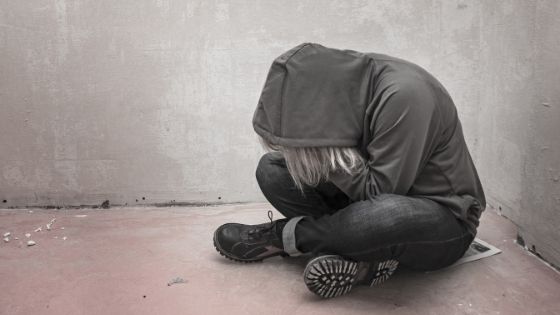When you’re caught in drug addiction, it can start to feel as if your life is rapidly unraveling. Once you’re at the peak of your addiction, it tends to feel as if you have no control over the direction your life is taking. It can be unimaginable to stop, and it can feel like you have no choice but to keep using. However, overcoming an addiction is possible, albeit challenging. There are several ways you can beat your addiction and prevent a relapse.
These tips can help you get your life back on track and reintegrate yourself into society. However, as an addict, it can be difficult to determine where to begin and what to do to sustain sobriety. If you find yourself lost, keep reading below for the best ways you can beat your addiction and stop using drugs.
Seek professional help
Getting professional help is easily the best way to ensure that you make a lasting recovery and curb your drug usage for good. The first step to ending an addiction is the detox period. Although it’s possible to detox at home, the process can be incredibly hard on you physically and mentally. As your body deals with the lack of the drug, you may experience intense withdrawal symptoms, which can, at times, endanger you. Moreover, the intensity of the symptoms can make it challenging to stay clean.
Seeking professional help is the only way to ensure you make a lasting recovery from drug use. Professionals can help you medically detox in a safe environment to prevent future drug use. Taking medicine while detoxing can help you combat withdrawal symptoms and keep pain and tension minimal. Additionally, at the Delphi Health Group, you can work with trained professionals who can help address your emotional needs as you recover too.
Work with a therapist
Once you’ve worked through the biological aspect of your addiction, it’s time to tackle the emotional and psychological aspects. Although your body develops a dependency on the substance, your mind does as well. You might start off using the drug only when you feel emotionally overwhelmed, or when you’re with people, or in situations where using drugs is normal. However, as your addiction escalates, you may never be able to feel relaxed when you’re sober.
A therapist can help you tackle the unpleasant emotions and situations that push you to keep using. If you want to maintain your sobriety, it’s vital to tackle these factors. Although rehab is incredibly beneficial, it gives you a sheltered environment where you don’t encounter your triggers. Therapy can help you maintain sobriety even after you reenter the environment that initially pushed you to use drugs.
Occupy yourself with meaningful activities
If you spend too much time idling around, you can have a greater chance of falling back into drug usage. A strictly defined routine is imperative for recovering addicts, especially if they have a high chance of relapse. A strictly defined routine can include keeping yourself busy most of the time so that you have little time to think about drugs.
Moreover, working on meaningful activities is an excellent way to start feeling like a productive member of society again. Volunteering at a shelter, teaching children, and participating in community cleanup campaigns are just a few methods to reintegrate oneself back into society. Building your self-esteem can regain your confidence and make it easier to stick to your recovery goals. Apart from philanthropic ventures, you can engage in hobbies you used to enjoy before drugs. To keep yourself meaningfully occupied, that can be cooking, singing, running, sports, or art.
Plan ahead
When you’re back home, you can’t control the different situations you’ll find yourself in. You may have to visit the place you used to take drugs at, meet the people who pushed you to use, and encounter feelings that make you crave the feeling of being high. If you want to stop your addiction entirely, you need to plan for when you’ll be in such situations.
Informing friends and family members who use drugs and asking them to limit usage in your presence can help you remove one trigger from your life. Additionally, you can limit how often you visit places that make you feel stressed or where you used to use drugs. At times, this can include turning down invitations or cutting off people. However, it is important to remember that you need to remove all traces of toxicity from your life to ensure your recovery. Even if you don’t eradicate your triggers, alerting someone when you’re about to use drugs can help them intervene. They might help you remove yourself from the situation or keep you grounded.
Conclusion
Beating an addiction is, understandably, an incredibly challenging undertaking. Even short-term drug usage can make your body and mind highly dependent on the substance. However, following these tips can help you end the addiction and get your life back on track.

